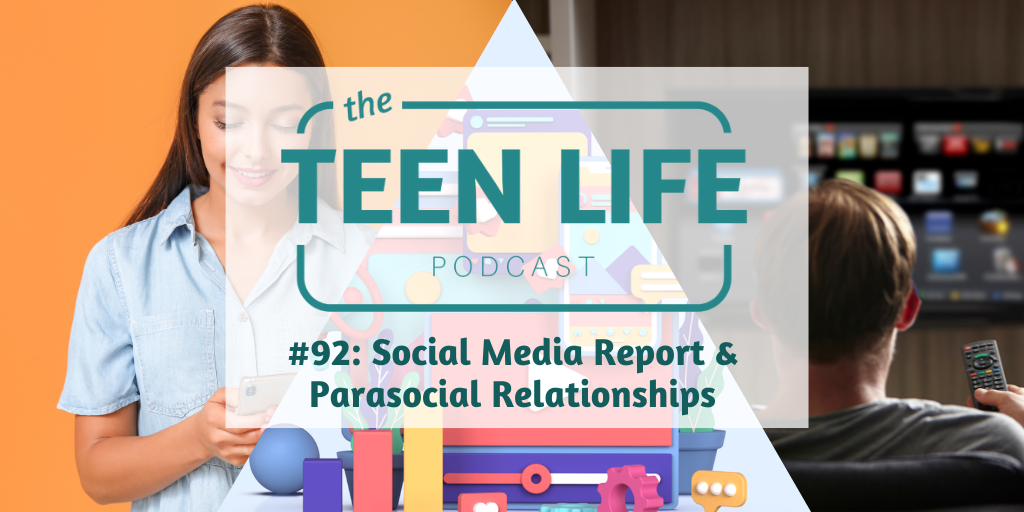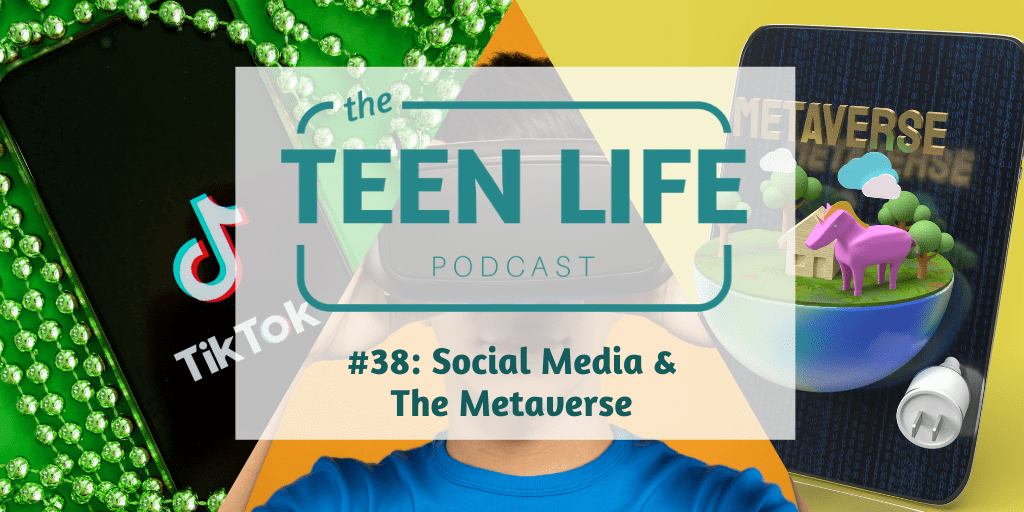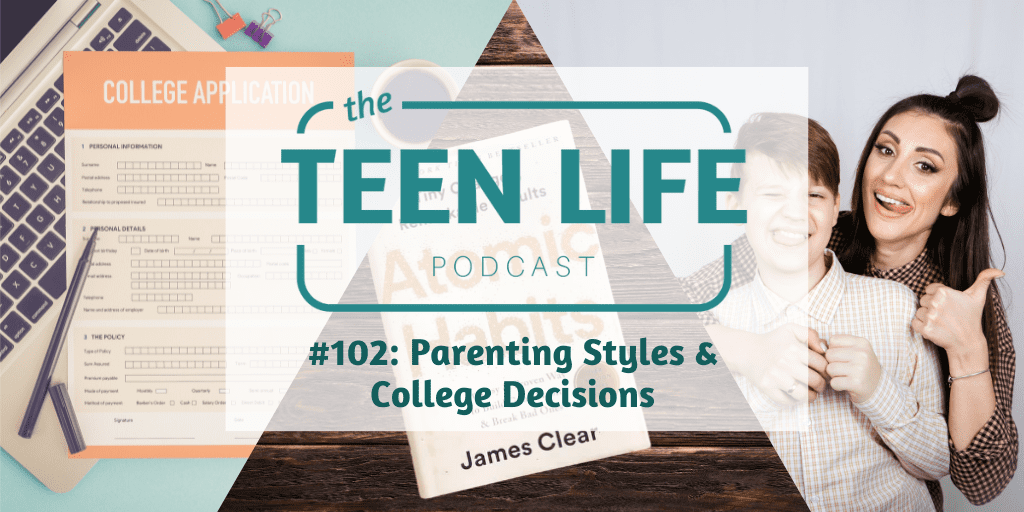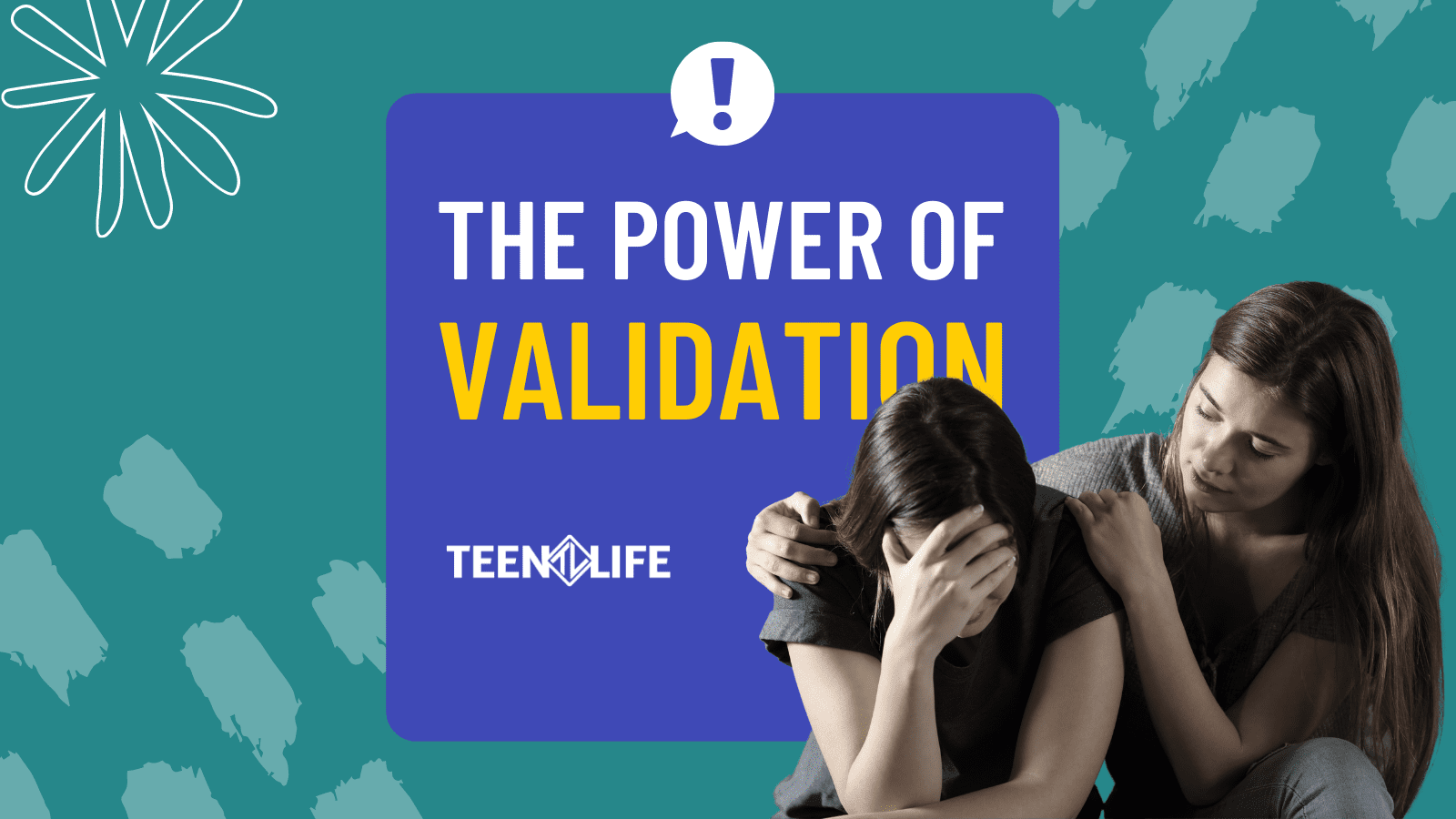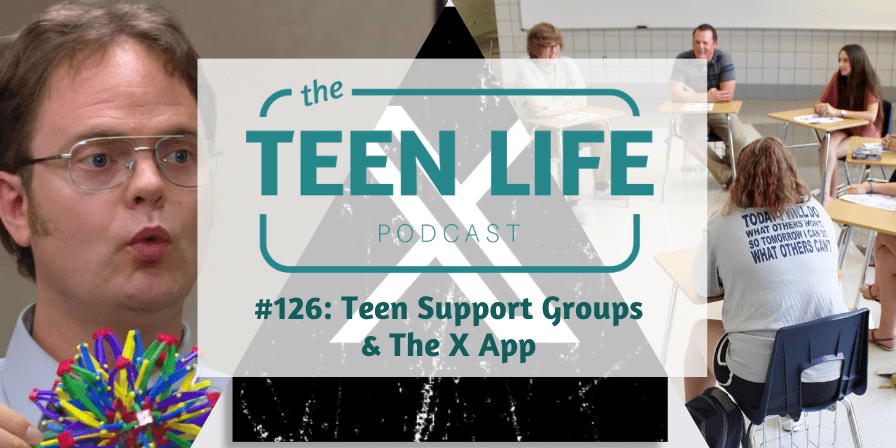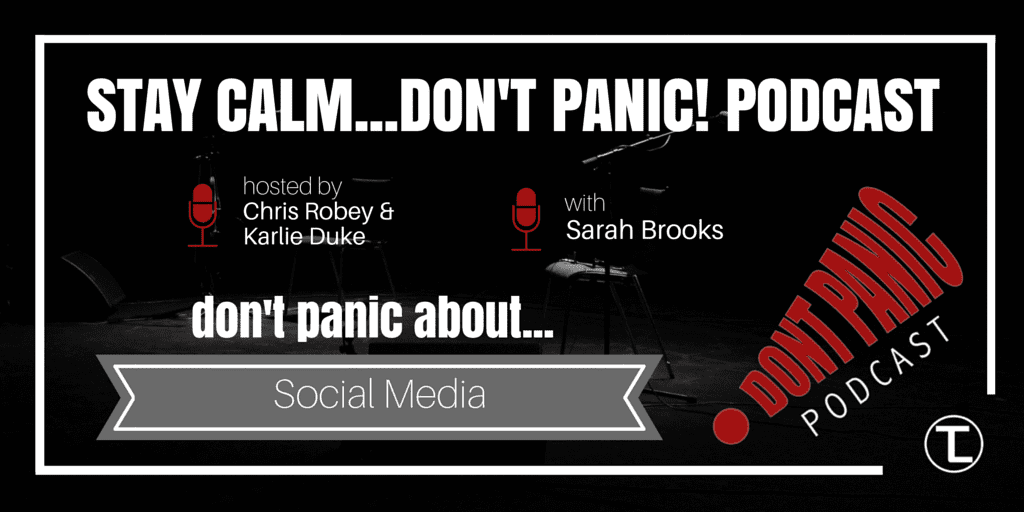
Don’t Panic about Social Media with Sarah Brooks
Podcast: Play in new window | Download
In this episode, you’ll find out…
- How teenagers view social media, and why it isn’t the same as how adults view it.
- The top apps that teenagers are using in 2016 (according to “sarahstistics”).
- How social media affects teenagers’ self-esteem.
- The benefits and positive aspects of social media.
- A different perspective of how to view social media.
- How to create a sacred, tech-free space.
Ask yourself…
- Am I choosing my battles wisely when talking about social media with teenagers?
- Am I having a conversation about social media or starting a battle?
- What am I scared of when it comes to social media?
- How much time am I spending on my phone? Am I willing do what I am asking of my teenager?
Go ask a teen…
- What are the top 3 apps that you like to spend your time on?
- Do you feel pressure from social media? Do you feel the need to keep up and get as many followers as your friends?
- When am I on my phone that you wish that I weren’t?
[bctt tweet=”You’re not dealing with an app problem, you’re dealing with a teenage problem! – @teenlife_ngo @sarahbrooks13″ via=”no”]
Additional Resources:
In this episode, we mentioned the following resources:
- Sarah’s Blog: Life as of Late
- Sarah’s Instagram Post: Parents: A Word about Instagram
- Social Media Resource: iparent.tv
- Website: teenlifepodcast.com
- Music: Under the Chandeliers
Have a question?
If you have a question about something you heard or just want to give us some feedback, please leave us a comment below. We would love to hear from you!
About Us

Karlie Duke
Communications Director

Chris Robey
Former CEO

Sarah Brooks
Special Guest
Caleb Hatchett | Podcast Co-Host
Caleb loves helping teenagers take ownership of their faith and relationships. He graduated from Abilene Christian University with a degree in Youth and Family Ministry and is currently Student Ministry Director at Jenks Church in Oklahoma.
Chris Robey | Former CEO
Chris has spent most of his career empowering teenagers from all backgrounds. As the former leader of Teen Life, he is passionate about helping students make good choices while also giving adults the tools they need to communicate more effectively with teens. Chris is a graduate of Midwestern State University and holds a Master’s Degree in Family Life Education from Lubbock Christian University.
Karlie Duke | Director of Communications
Karlie has always had a heart for teenagers. Through her role at Teen Life, she loves to showcase the amazing stories coming out of Support Groups, but she is especially passionate about helping adults and teenagers find connection. Karlie has a BS in Communications with a minor in Family Studies from Abilene Christian University.
Sarah Brooks | Author and Speaker
Sarah Brooks is a blogger, mom of 3 boys and social media expert! She has spoken across the country at various groups, churches, and schools about social media (the good, the bad, and the confusing), most of which stemmed from a post she wrote called Parents: A Word About Instagram. As a Millenial herself, she is passionate about bridging the gap between parents and teens on all things social media. Follow her on Twitter or Instagram!









